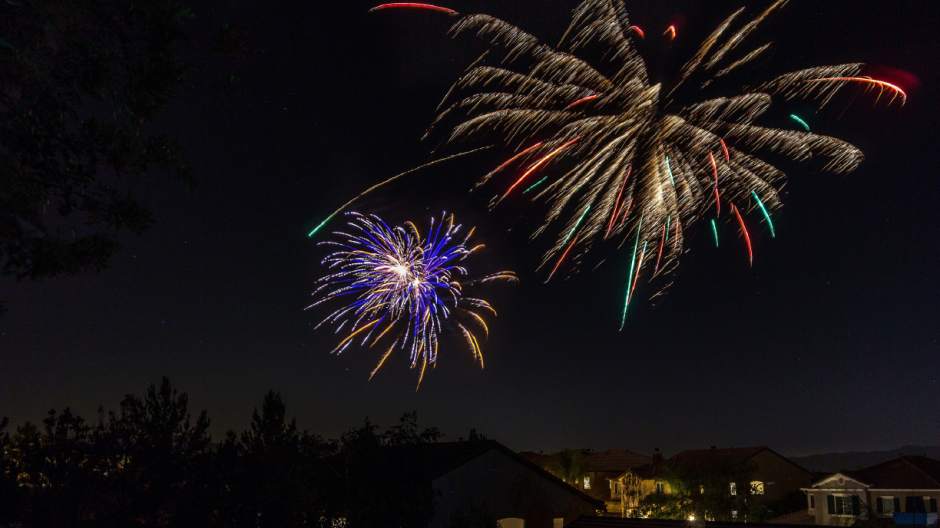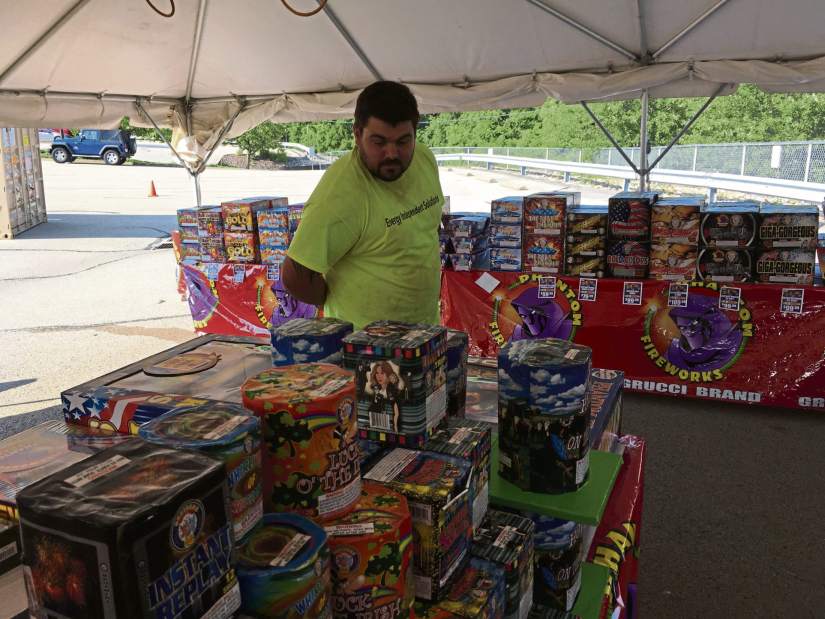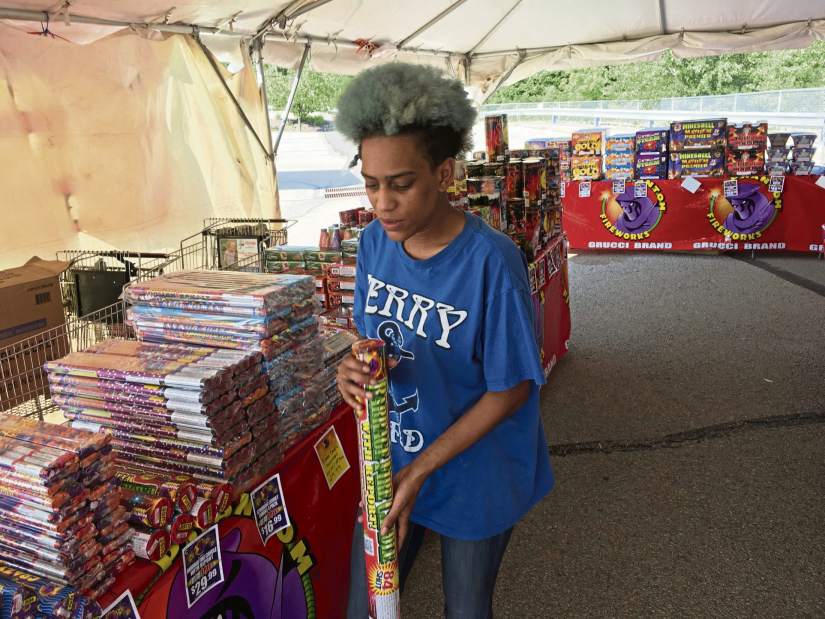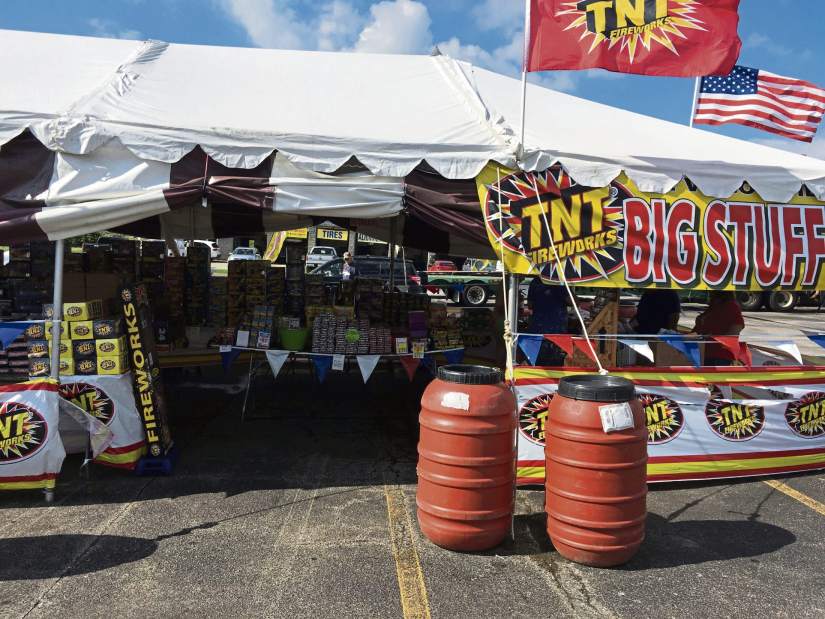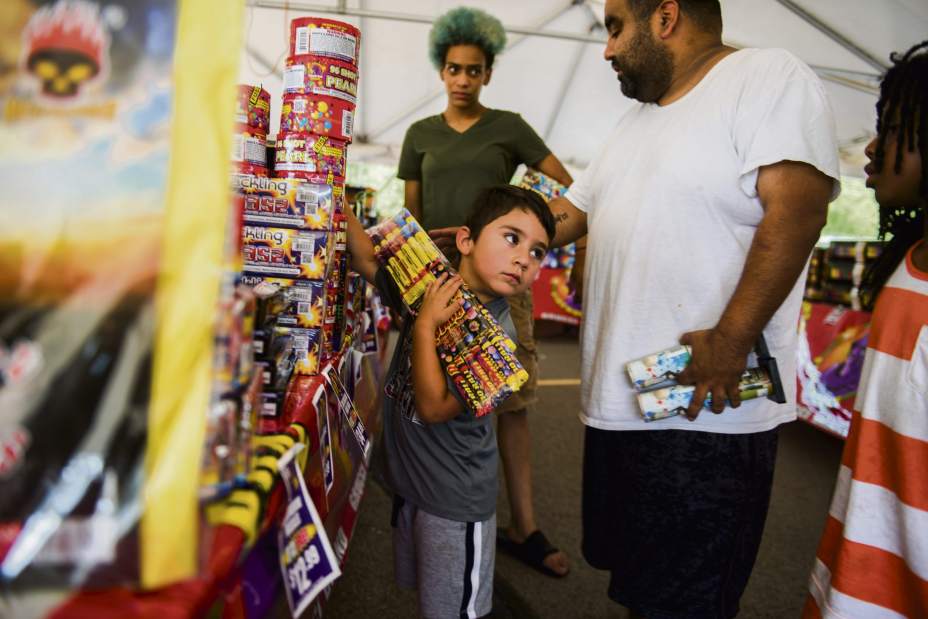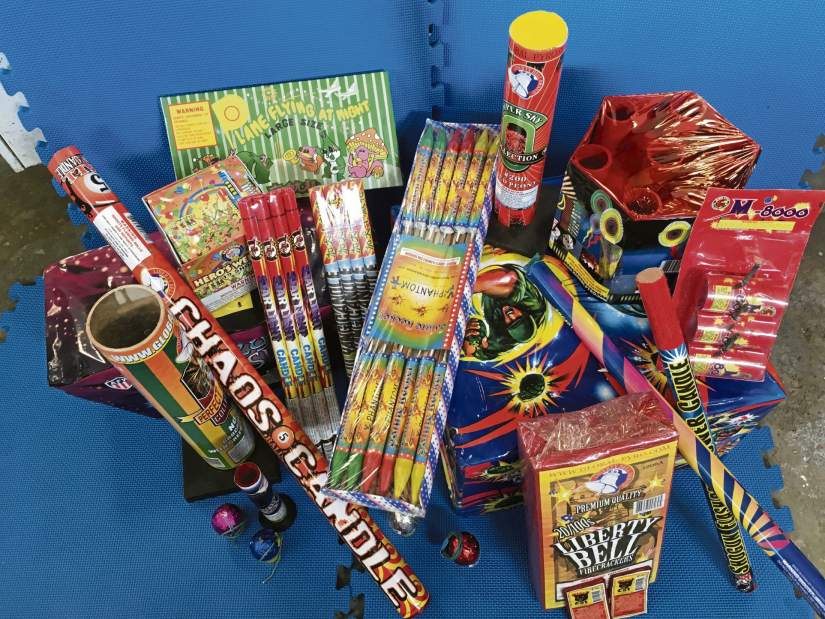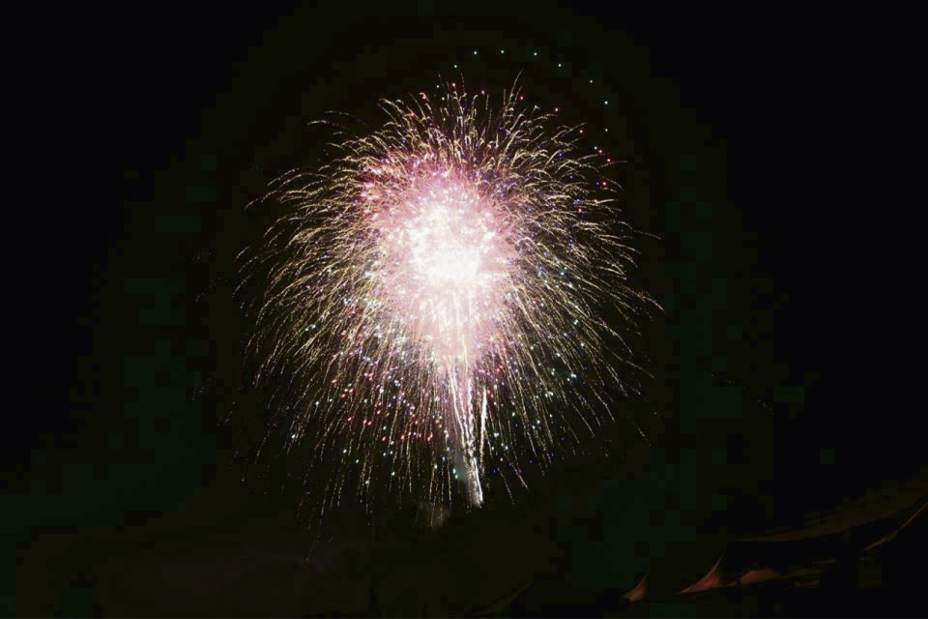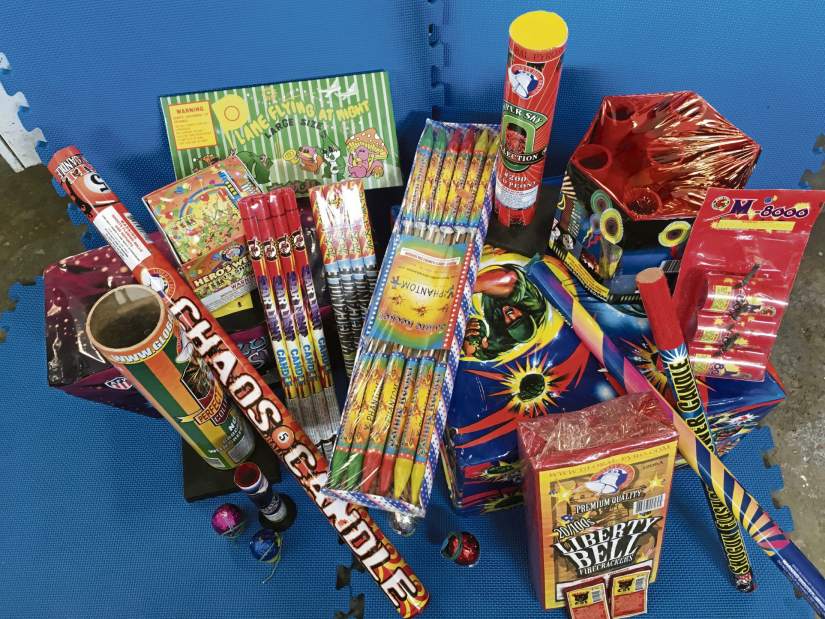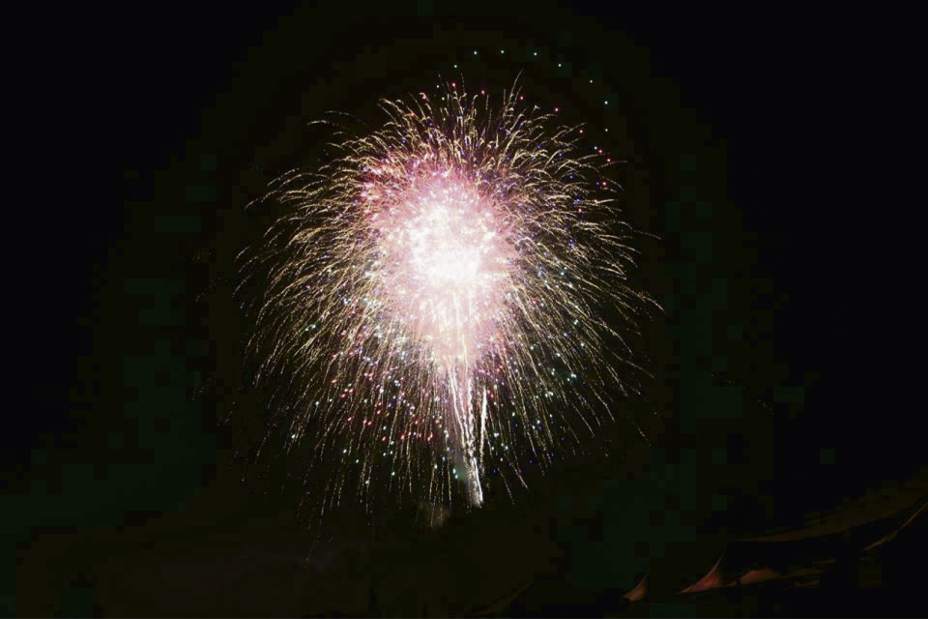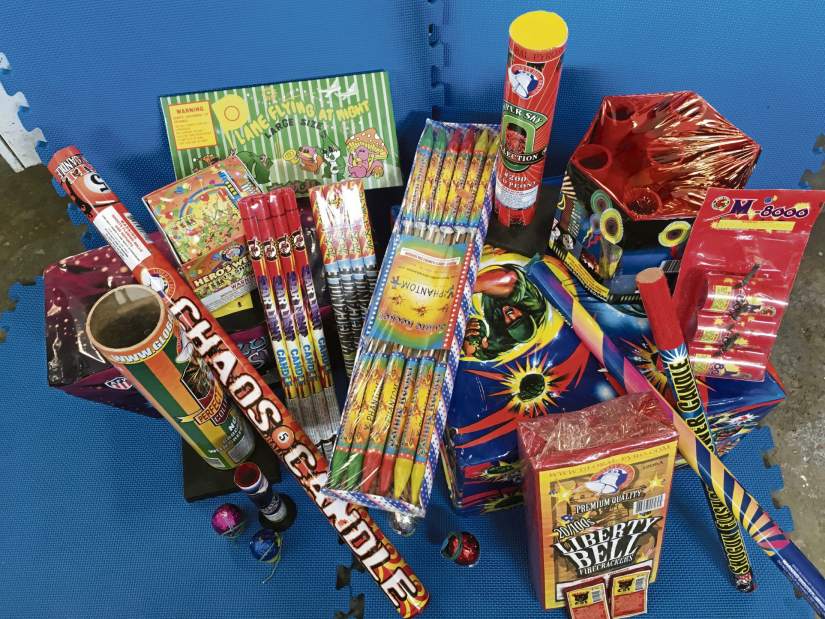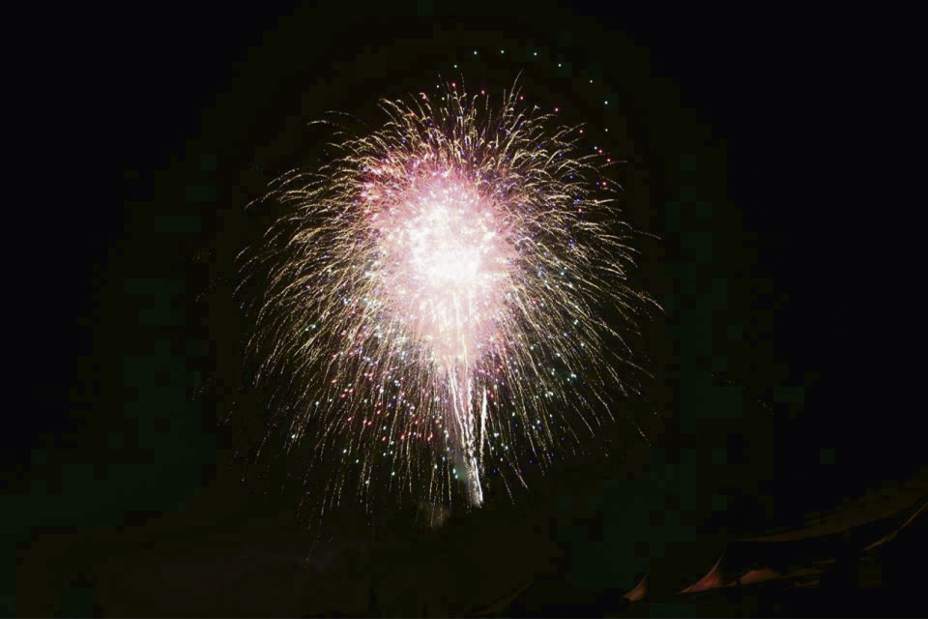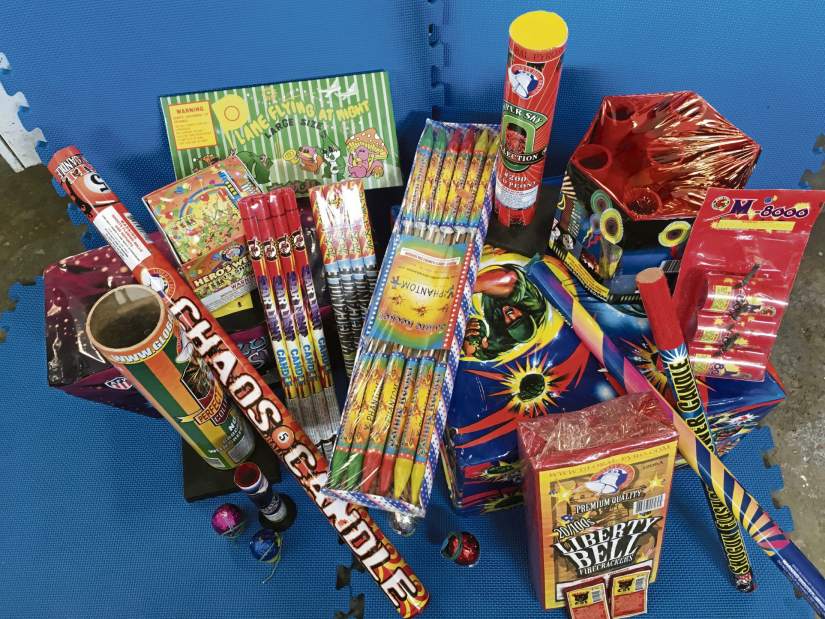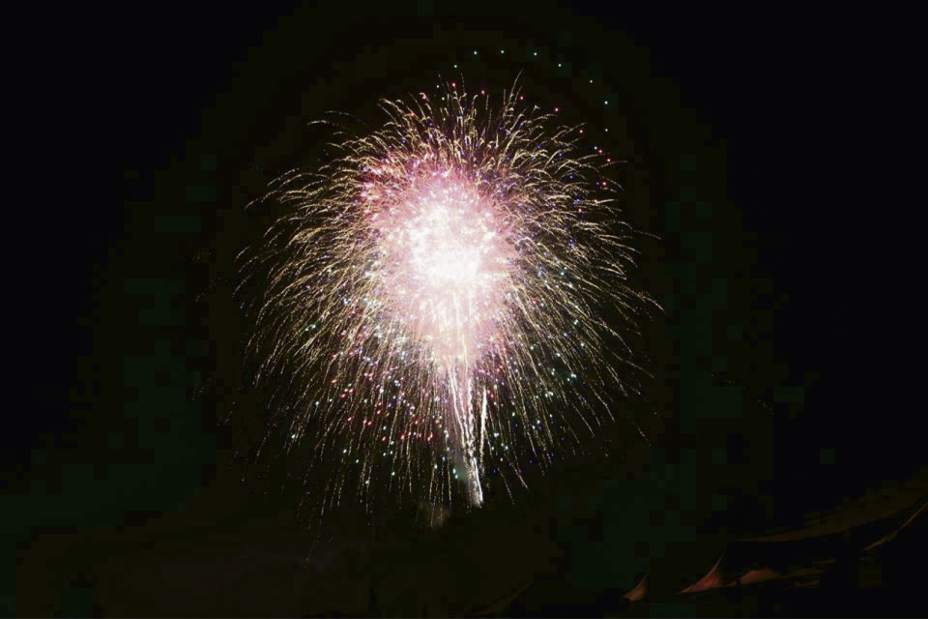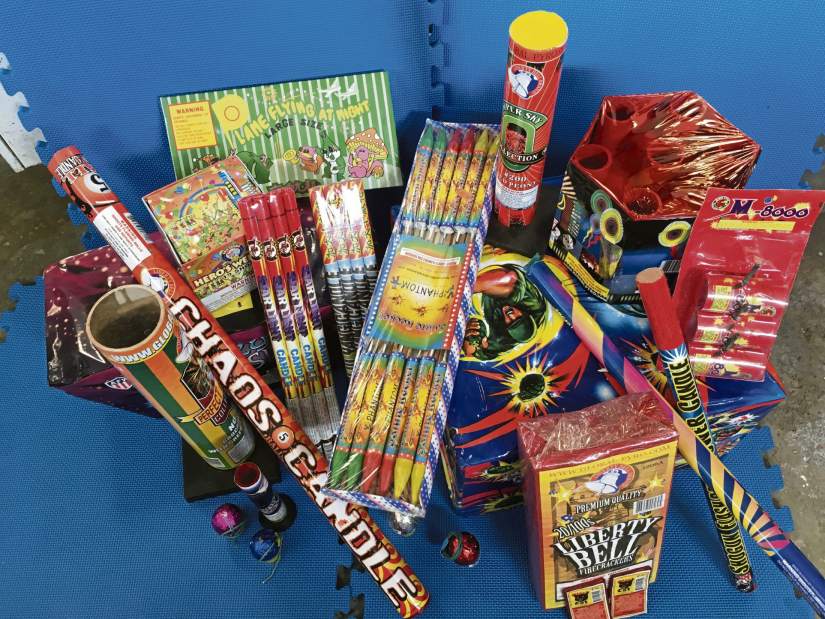Under new Pennsylvania law, expect more powerful fireworks
New law expands fireworks sale
A new state law passed in 2017 permits the sale of more fireworks that have previously been banned in Pennsylvania.
Terry S. Smith smiled as he looked at the array of colorful boxes of fireworks with names like the Blue Streak Rocket, Blue Powershell, the New Yorker Assortment and Mighty Mites Mortar Kit on display in a tent outside the Murrysville Giant Eagle.
“We've been going pretty good,” Smith said of sales at the fireworks site she has operated since June 21 for Phantom Fireworks of Youngstown, Ohio.
“People love the ‘old school' stuff, like the smoke bombs,” said Smith, a Penn Hills resident. “The kids like the cones. The kids love the tanks” that spin around when lit.
At the TNT Fireworks tent outside the Walmart store in East Huntingdon, Joe Adams of Connellsvile also found that sales have been pretty good as they head into the last few days before the Fourth of July.
“Sales are slightly higher (than last year) because of the higher quality of the fireworks,” Adams said.
More products now legal
What's even better than last year, Smith and Adams said, is that the new state fireworks law that took effect in October gives sellers the opportunity to offer pyrotechnics that had been illegal in the Keystone State for decades.
Fireworks fans can buy the “Class C” or consumer-grade fireworks that include firecrackers, Roman candles, bottle rockets, and similar fireworks that contain a maximum of 50 milligrams of explosive material. They became legal under a 2017 law that replaced the Fireworks Act of 1939, according to a state police website.
Adams said his TNT Fireworks manager had a good way of describing the fireworks they sell to the public.
“It's not display quality, but it's consumer quality,” Adams said.
‘Display quality' still illegal
Only licensed professionals with a permit from the municipality where they will be fired are allowed to set off display fireworks that are classified as containing more than two grains or 130 milligrams of explosive materials. Professional-grade aerial shells containing more than 60 grams of pyrotechnic compositions also are to be used only by professionals, according to the state regulations.
The change in the law means fireworks lovers like Shawn Dillon of Murrysville, who was inspecting the inventory at the Phantom Fireworks tent in Murrysville, no longer has a long drive to get some of his pyrotechnics to make a nice fireworks show on Independence Day.
“I used to go to Ohio. Now I don't have to worry about getting fined for smuggling” illegal fireworks into the state, Dillon said.
18 percent tax on powerful fireworks
Adams sees the legal sale of the once-banned fireworks in the state as a double-edged sword.
While customers are happy they can buy some aerial fireworks previously prohibited, they grumble over paying an 18 percent tax on the newly legal and more powerful fireworks, Adams said.
The 18 percent tax consists of the 6 percent state sales tax, plus a 12 percent tax on consumer fireworks, according to the state Department of Revenue. There are 35 categories of consumer fireworks, compared to just seven categories of novelty devices, according to the American Pyrotechnic Association, an trade industry group based in Bethesda, Md.
Despite the higher taxes, people are paying it if they really want those fireworks.
“The customers are not complaining because they feel it will force people to be responsible,” users in terms of safety, Smith said.
That's even the case for customers buying the “Super Charged” elite assortment of fireworks that carries a price tag of $400, plus another $74 after taxes, Smith said.
A number of men said the cost was too steep for them to explain to their wives how they spent so much money on a fireworks display, even without the taxes added, Smith said.
One of Adams' customers, Ian Megela of Mt. Pleasant, had a bagful of fireworks, spending maybe a little more for the display this year.
People like Dillon and Megela have made the sale of fireworks so popular that consumer-grade pyrotechnics grew to an $885 million business last year, a $60 million increase from 2016, according to statistics from the American Pyrotechnic Association. The association said $353 million worth of display-grade pyrotechnics were sold last year, up $8 million from 2016.
After spending the past 10 days at the fireworks tent, and working 12-hour shifts on weekends, Smith said she has no plans to fight the crowds and go to watch the huge fireworks display set off Wednesday over Point State Park in downtown Pittsburgh.
“I don't want to go down there ... fighting the crowds. I don't like noise too much.”
Joe Napsha is a Tribune-Review staff writer. Reach him at 724-836-5252 or jnapsha@tribweb.com.

